Willard Hotel
Legend has it that President Grant’s frequent drinking in the lobby gave rise to the term “lobbyist.”
The Willard Hotel is a storied Washington landmark located across the street from the White House south lawn. Because of its prime location, it has attracted scores of notable guests over the years including Abraham Lincoln, Mark Twain, Walt Whitman and Charles Dickens.
In the book “Lincoln’s Boys,” author Joshua Zeitz recalls that during the 1860s “Willard’s was a modern wonder, with 150 guest rooms, lecture and meeting halls, and a massive bar and dining room where hundreds of patrons gorged themselves daily on fish, oysters, venison and good champagne.” Before the explosion of Washington’s nightlife in recent years, the Willard was one of the power centers for the political class of movers and shakers.
Before moving into the White House, Abe Lincoln hunkered down at the Willard with his private detective to sniff out any assassination attempts. During President Grant’s administration, local lore has it that the president spent so much time drinking brandy in the lobby that favor-seekers started staking it out to get access to him, popularizing the term “lobbyist” in the United States.
In contrast to its modern-day image of class and respectability, the area around the Willard was once a raucous neighborhood known as Hooker’s Division. A newspaper clipping from the 1890s explains that “During the Civil War it was occupied by the camp of General Hooker … since then it has become the plague spot of Washington, a center of vice, liquor-selling, and prostitution.” The lobbyists who hung out there peddled in alcohol and sex, not campaign donations.
The original hotel dates to 1816 and was actually an interconnected amalgamation of rowhouses. The present-day 12-story structure was built in 1901 and was an early example of skyscraper construction in Washington. Its engineering drew on the steel-framing concepts developed decades earlier in Chicago and New York.
A fire in 1922 sent Vice President Calvin Coolidge and several senators fleeing, but thanks to the steel skeleton the damage was repairable. Forty years later, Martin Luther King Jr. rented out a room and put the finishing touches on his “I Have A Dream” speech before delivering it at the nearby Lincoln Memorial.
Over the next two decades, the Willard fell into disrepair and closed. The historic 1901 building was renovated in the 1980s and returned to its former glory. The lobby and bar is open to the public.








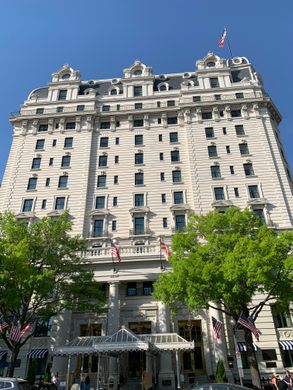
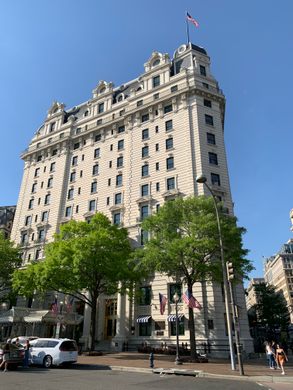
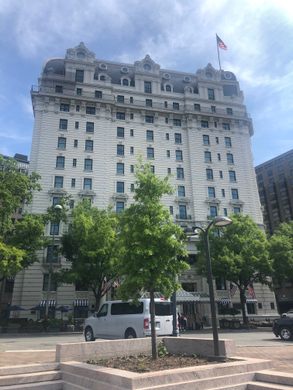
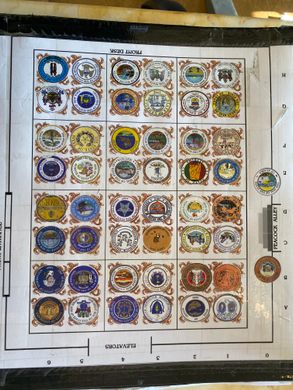
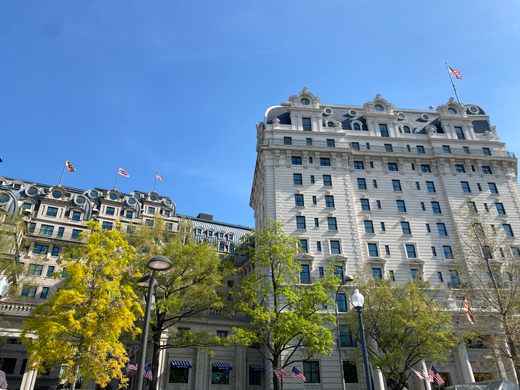



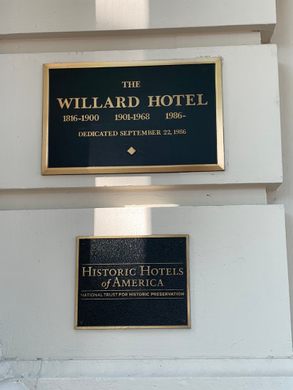











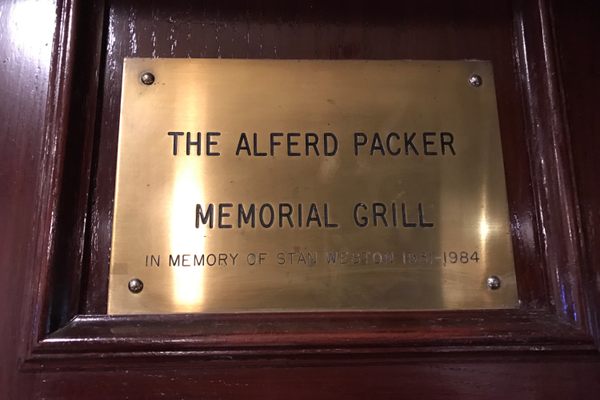








Follow us on Twitter to get the latest on the world's hidden wonders.
Like us on Facebook to get the latest on the world's hidden wonders.
Follow us on Twitter Like us on Facebook